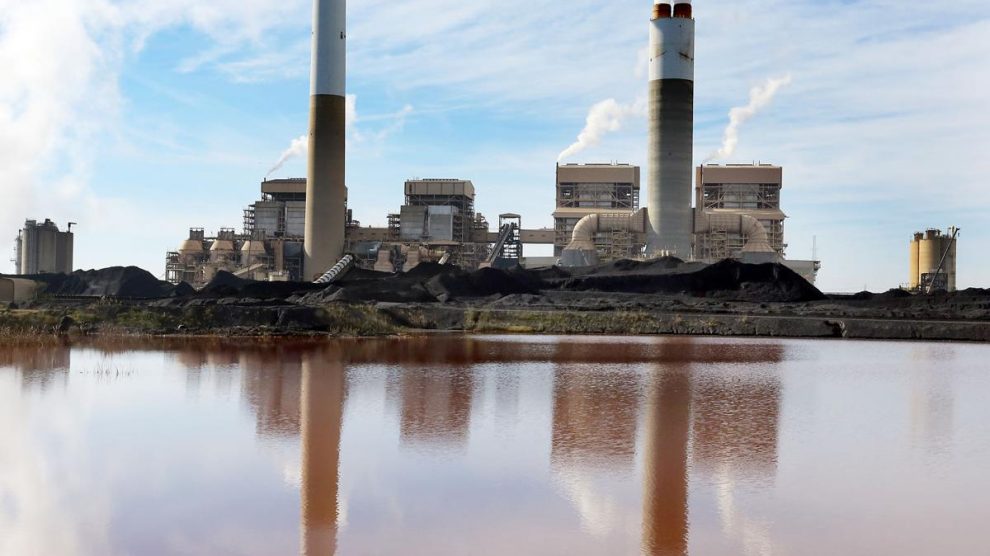Blog
Hungary pulls its no-coal deadline earlier by five years

Hungary’s Minister of State for the EU announced earlier this week that the country’s last coal plant will be shut down in 2025 instead of 2030.
Our plan is to achieve 90% carbon neutral electricity generation by 2030,” Attila Steiner said at the annual summit of the Powering Past Coal Alliance on Tuesday, March 2.
Steiner said Budapest plans to achieve this by maintaining its current nuclear generation capacity and increasing its solar power to 6 GW, which is three times the country’s current nuclear capacity.
“We want to phase out the lignite-fired blocks of the Matra power plant, our last coal-fired power plant, by 2025,” she added, and announced that Hungary will use EU funds to retrain the coal workers affected by the shutdown.(dişil) “We want to phase out the lignite-fired blocks of the Matra power plant, our last coal-fired power plant, by 2025,” he added, and announced that Hungary will use EU funds to retrain the coal workers affected by the shutdown
The announcement was hailed by green activists as a major victory for workers affected by the climate and plant closure, who will receive support from the EU’s just transition fund.
Europe Beyond Coal (EBC) said, “Confirmation of the closure of the 884 MW Matra coal plant is a critical step in planning a fair transition for workers and affected communities.”
“The Hungarian government’s decision to cut the time it takes to get out of coal in half tells you everything you need to know about the state of Europe’s collapsing coal industry,” said EBC campaign director Kathrin Gutmann.
Hungarian President János Áder announced the country’s original plan to phase out coal by 2030 at the United Nations Climate Action Summit in New York in 2019. Steiner said Hungary signed an EU-wide commitment to achieve climate neutrality by 2050 and “welcomes” the bloc’s plans to strengthen the 2030 climate goals.
Green campaigners said that a 200 MW solar farm is planned for the site’s site and demonstrates how the clean energy transition could replace coal and mine closures with new opportunities.
In addition to Hungary, six European countries are expected to end coal by 2025: France (2022), Portugal (2022), Slovakia (2023), United Kingdom (2024), Ireland (2025) and Italy (according to the EBC). 2025).
